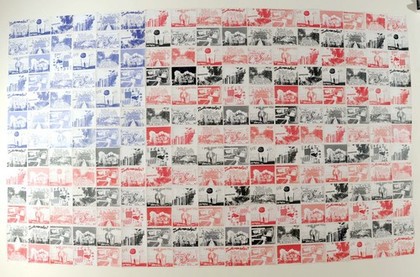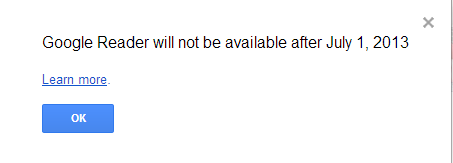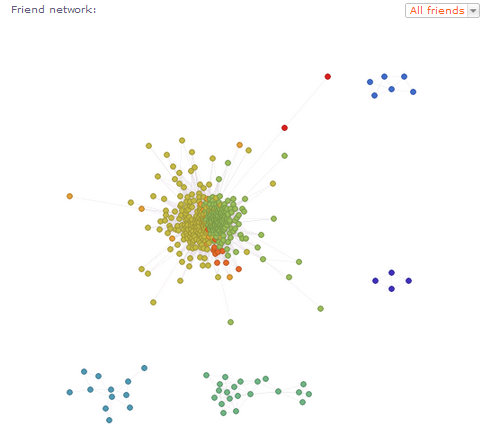VIDEO: Innovating loneliness
A couple of years back now the HR Happy Hour Show welcomed Sherry Turkle from MIT, and author of Alone Together: Why We eExpect More From Technology and Less From Each Other, an examination of how the rise of social networks, more powerful and connected personal technology, and how these advances are changing our real world interactions.
It was then and probably still is one of my Top 5 all time favorite conversations that we've ever done in 168 shows to date. If you are at all interested in the topics of social networking, the dangers of being always connected to our devices, and even, (one of my favorite topics) the continuing emergence of increasingly sophisticated artificial and robot technologies into everyday life, then I encourage you to check out the replay of the show here.
What made me think about that show was reading about and watching the video embedded below, (Email and RSS subscribers will have to click through), called The Innovation of Loneliness by Shimi Cohen.
In the video, Cohen hits on some familiar concepts - Dunbar's Number, the inability to truly be 'alone' in our always-connected world, the endless amount of personal branding and promotion going on, and the curious rise in the incidence of loneliness despite the technological advances that connect us.
Favorite line from the video - 'We're collecting friends like stamps'.
I don't have a bigger point or lesson to try to share here, except that even three years on from that old Happy Hour Show with Professor Turkle I am not sure all that much has changed - and if anything the issues raised in Alone Together have not gone away at all - and in fact have become even more prevalent.
The book, the podcast from 2011, even the short video by Cohen are all worth a re-visit I think, as well as another examination in how we relate to each other and the world around us when we are constantly connected, shaping a stylized image of ourselves, and parceling out time to actually talk to other human beings in tiny bits - afraid about what we might be missing elsewhere in the world if we have to focus our attention on just one other person.

 Steve
Steve



